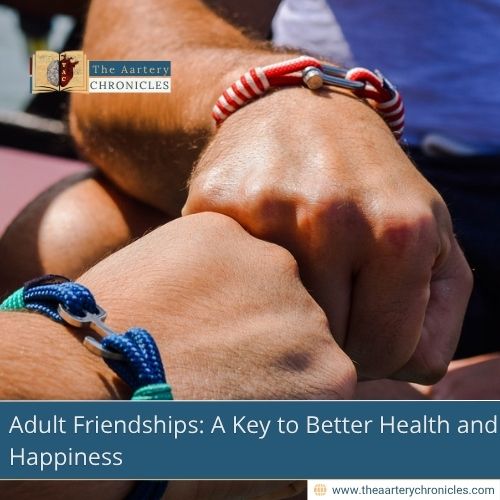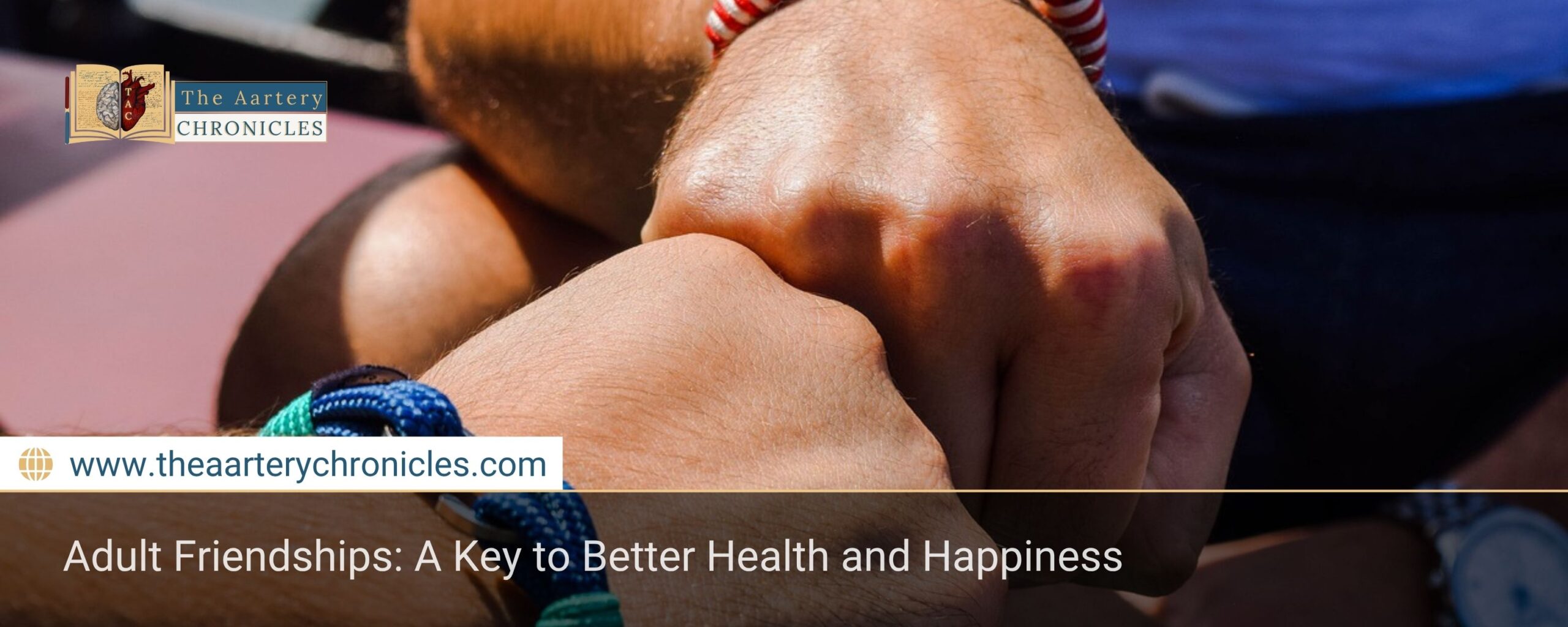

Adult Friendships: A Key to Better Health and Happiness
Introduction
Making friends as an adult can seem like a difficult, almost impossible, mission. Unlike when you were a child or a student, in adult life the opportunities to meet new people are fewer, while commitments, responsibilities and mistrust increase. However, creating deep and authentic bonds is still possible, and can significantly improve the quality of life, mental health and emotional well-being.
In this article we will see why it is more difficult to make friends as adults, what are the most common psychological blocks and above all how to overcome these obstacles with concrete strategies.
Why It's Harder To Make Friends As An Adult
- Fewer Spontaneous Contexts:
- No more school, university or organized activities
- Work and family life reduce free time
- Routines are getting more rigid
- Fear Of Exposure:
- Fear of rejection
- Difficulty showing vulnerability
- Social anxiety or insecurity
- Previous Negative Experiences:
- Friendships that ended badly
- Betrayals or disappointments
- Distrust towards new people
- Life Changes
- Transfers
- Separations or bereavements
- Parenthood or retirement
All of these factors can reduce the desire or confidence in forming new relationships
Why It's Important To Have Friendships Even As Adults
Friendship in adulthood has proven psychological and physical benefits:
- Reduces the risk of depression and loneliness
- Increases self-esteem and sense of belonging
- Improves stress management
- Promotes longevity (meaningful relationships are one of the most protective factors)
According to the Harvard Study of Adult Development, meaningful relationships are the most important factor in a long and happy life, more than success or money.
Strategies For Making New Friends As An Adult
1. Cultivate Real And Shared Interests
A shared activity is the most natural way to meet people with genuine affinities. You can start with:
- Courses (languages, cooking, photography, theatre)
- Group sports (walking, yoga, dancing)
- Volunteering
- Reading groups or cultural events
The goal is not just to socialize, but to do something that enriches you personally.
2. Use Technology Intelligently
Apps and social media can facilitate new encounters, if used with awareness:
Meetup for themed events
Apps like Bumble BFF or Facebook Groups
Online forums and communities (specific interests)
Remember: the goal is to move the meeting to the real plane, when possible.
3. Nurture Existing Relationships
- Reconnect with an old friend or colleague
- Show yourself available to listen, help, participate
- Accept invitations and try to say “yes” more often
Sometimes new friendships arise from already known circles, simply by making room for new levels of confidence.
4. Be Patient And Authentic
- True friendships are not forced and take time.
- Avoid appearing too complacent or artificial.
- Focus on quality, not quantity
Even a single deep friendship can be enough to make a difference.
5. Work On Self-Esteem
Often, the block comes from within:
- Fear of not being interesting
- Shame of one’s past
- Fear of being rejected
A personal awareness journey or short psychotherapy can help you regain trust in relationships.
Conclusion
Making friends when you are older is not only possible, but it is also essential to living a full life, rich in meaning and true connections. Even if the opportunities are no longer spontaneous as they were when you were young, it is possible to create them actively, with patience, openness and courage. The key is to be authentic, accept the time necessary to build trust, and never give up the desire to share.
References
- https://www.mayoclinic.org/healthy-lifestyle/adult-health/in-depth/friendships/art-20044860
- https://www.ncbi.nlm.nih.gov/pmc/articles/PMC8955636/
- https://news.harvard.edu/gazette/story/2017/04/over-nearly-80-years-harvard-study-has-been-s









